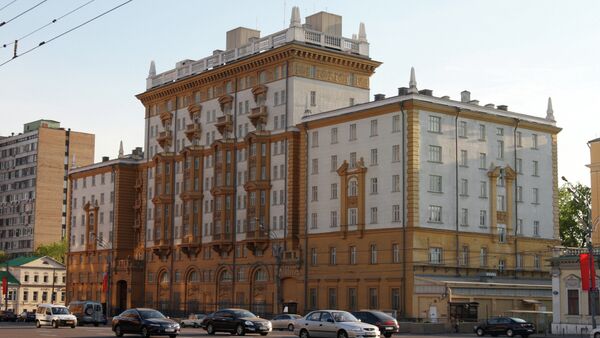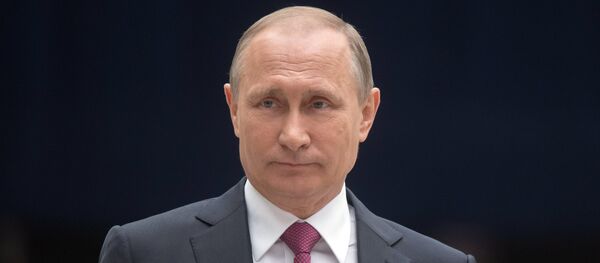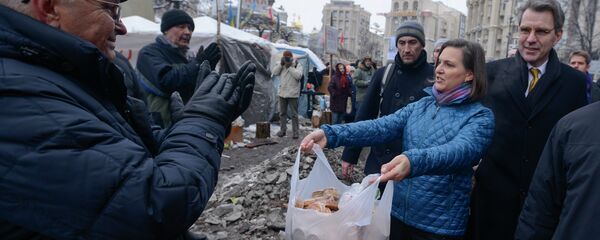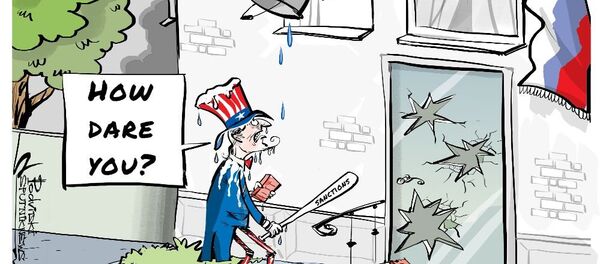Speaking to Russian media on Sunday, President Vladimir Putin confirmed that Moscow would be considerably cutting the US diplomatic presence in Russia, equalizing the diplomatic missions of each side to 455 people in each country, and forcing 755 US personnel to leave the country.
The US State Department said that Moscow's decision on US diplomatic personnel was "regrettable" and "uncalled for," while the US Embassy in Russia warned that it may lead to a slowdown in the efficiency of its consular activities.
A senior Trump administration official told US media Sunday that the White House maintains its hopes for an improvement in Russian-US relations, although Vice President Mike Pence hinted that such an improvement rests on Russia "changing its behavior."
Speaking to Russia's RIA Novosti news agency, Vladimir Vasilyev, chief research fellow at the Moscow-based Institute of US and Canada Studies, noted that in retrospect, Russia's response has been pretty mild, especially given the US actions which preceded it.
According to the expert, "the question of a mirrored, symmetrical response to Barack Obama's diplomatic demarche has dragged on for a long time; eight months have passed already. It was necessary to respond in any case, because the Americans were not going to return our diplomatic property, and were not prepared to talk about the number of [Russian] diplomatic personnel [in the US]."
Vasilyev believes that unlike his predecessor, Trump is someone who can be influenced using this kind of diplomacy. Trump's nature, according to the expert, is that he acts based on his current mood, agreeing to sign something one minute and changing his mind the next. "This is subtle diplomacy," the analyst stressed.
Another reason why Russia has taken the measures, according to Vasilyev, is that Moscow may be trying to send a very specific message to Trump: "This is once again trying to tell Trump firmly that perhaps it's time to stop this escalation. This is what President Putin said in his interview yesterday."
US lawmakers passed a bill outlining new restrictions against Russia, Iran and North Korea last week. President Trump now has ten days to either sign the bill into law or veto it.
The bill proposes expanding and strengthening a number of sectoral sanctions against Russia, reducing the maximum allowable period for financing sanctioned Russian banks and energy companies to 14 days and 60 days, down from 30 and 90 days, respectively.
The bill also allows for sanctions to be imposed on individuals or companies who invest in the construction of Russian energy pipelines, or who provide services, technology and information support for such projects. The document has a separate section outlining the US's opposition the construction of the Nord Stream 2 gas pipeline from Russia to Western Europe via the Baltic Sea. The Kremlin's assessment of the bill was "negative," while EU officials have described it as a "unilateral" US move.




